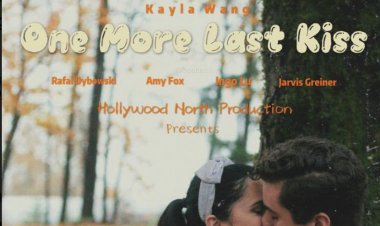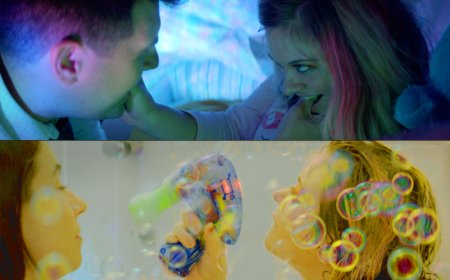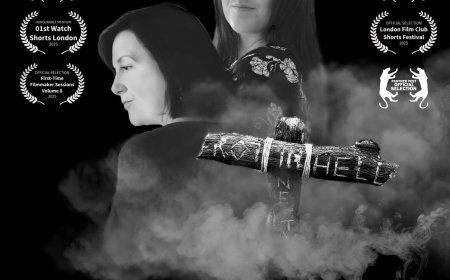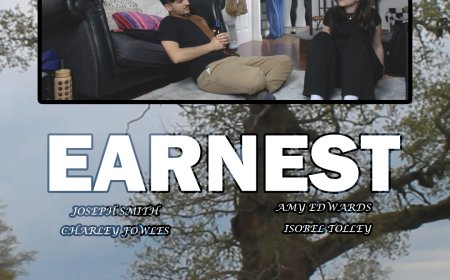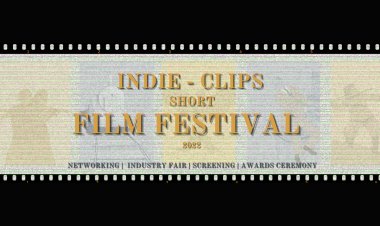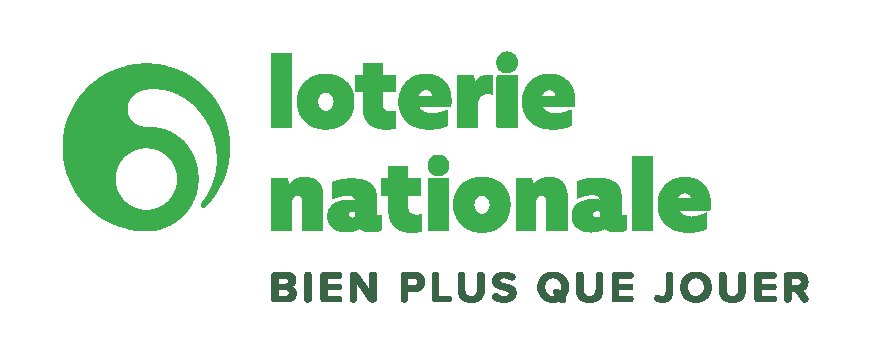A Deep Dive into the Main Cinema: History and Influence

The Golden Age of Hollywood: A Cinematic Revolution
The Golden Age of Hollywood was a time of unparalleled creativity and innovation. This era, spanning from the early 1930s to the late 1950s, produced some of the most beloved films and unforgettable stars. Exploring this journey unravels the fascinating narrative of Hollywood's past, its evolutionary phases, and the challenges leading to the decline of its golden era.
The Influence of Asian Cinema on Global Filmmaking
Foundation for Future Filmmakers
Asian cinema has long been a treasure trove of inspiration for filmmakers worldwide. The thrilling action sequences of Hong Kong cinema, like those in John Woo's “Hard Boiled,” have inspired Hollywood action films such as “The Matrix.” This cross-cultural exchange of ideas and techniques is what keeps the global film industry vibrant and dynamic.
Cultural Preservation Through Film Narratives
Asian films often delve deep into cultural narratives, preserving and showcasing traditions and stories that might otherwise be lost. This not only enriches the storytelling landscape but also offers a fresh take on themes and perspectives that go beyond the traditional Hollywood narrative. Films from around the world tackle diverse themes and perspectives, offering a fresh take on storytelling that goes beyond the traditional Hollywood narrative.
Influence on Global Cinematic Techniques
The influence of Asian cinema on global filmmaking is undeniable. Japanese horror films like “Ringu” have been adapted into successful Hollywood movies such as “The Ring.” Similarly, the emotive storytelling and deep character development in Korean dramas, exemplified by “Oldboy,” have found their way into the hearts of audiences worldwide. This cross-cultural exchange of ideas and techniques is what keeps Hollywood vibrant, dynamic, and relevant.
Early Spanish Cinema: Roots and Legacy
Pioneers of Spanish Film
When we talk about the roots of Spanish cinema, we can't overlook the contributions of early directors like Fructuós Gelabert and Ricardo de Baños. These pioneers were instrumental in shaping what would become a rich and diverse cinematic tradition. Their innovative filming techniques and compelling storytelling methods set a high standard that continues to inspire filmmakers today. From the early 1900s to the late 1920s, Spanish silent films played a crucial role in the development of Spanish cinema.
Stylistic Choices and Thematic Elements
Early Spanish films were known for their unique stylistic choices and thematic elements. Directors like Segundo de Chomón brought groundbreaking visual effects to the screen, while narratives often delved into social and political issues. This blend of avant-garde techniques and daring storytelling laid the groundwork for what would become a significant cultural movement in the mid-20th century, known as Spanish experimental cinema.
Impact on Modern Spanish Films
The legacy of early Spanish cinema is far-reaching, influencing not only subsequent generations of Spanish filmmakers but also contributing to the global cinematic landscape. Modern Spanish films often pay homage to their early predecessors through stylistic choices, thematic elements, and direct references. For instance, Pedro Almodóvar's films frequently explore themes of identity, family, and tradition, drawing inspiration from the foundational works of early Spanish cinema.
Festival de Cannes: A Symbol of Prestige and Artistic Excellence

Historical Evolution
Since its inception in 1946, the Festival de Cannes has grown into one of the most prestigious film festivals in the world. Nestled on the glamorous French Riviera, this annual event has become a beacon of artistry and creativity. Over the decades, Cannes has evolved, adapting to the changing landscape of cinema while maintaining its core values of excellence and innovation.
Cultural Significance
The cultural impact of Cannes is profound. It serves as a vital platform for artistic expression and a catalyst for the careers of filmmakers and actors. The festival's prestigious Palme d'Or award acts as a cinematic seal of approval, propelling winning films to global recognition. Cannes is not just a festival; it's a cultural phenomenon that celebrates the art of filmmaking.
Enduring Impact on the Film Industry
Cannes has a lasting influence on the film industry. It shapes filmmaking trends and styles, showcasing notable films that often set the tone for future cinematic endeavors. The festival also acts as a marketplace for film industry professionals, fostering international collaboration and innovation. The enduring legacy of Cannes is its ability to captivate audiences and shape the trajectory of global cinema.
The Festival de Cannes stands as a beacon of prestige and artistic excellence in the film industry. Dive deeper into the world of short films and discover exclusive interviews, festival highlights, and more on our website.
Don't miss out on the latest updates and opportunities, and submit your short films on indie-clips.com to keep in touch with the indie filmmakers community!
What's Your Reaction?
 Like
0
Like
0
 Dislike
0
Dislike
0
 Love
0
Love
0
 Funny
0
Funny
0
 Angry
0
Angry
0
 Sad
0
Sad
0
 Wow
0
Wow
0



















